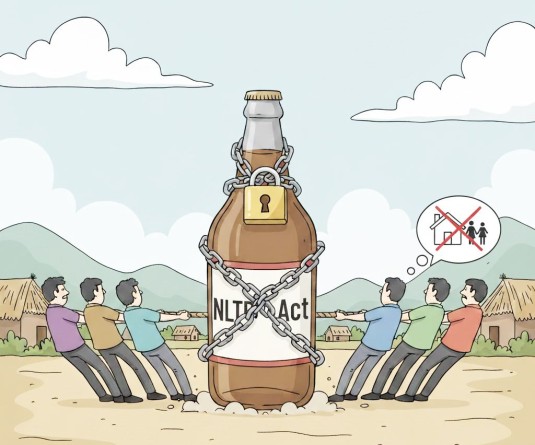
DIMAPUR, SEPTEMBER 20 (MExN): The Nagaland State Health and Family Department has notified healthcare providers, NGOs, civil society partners and other stakeholders to inform every malaria case to the Chief Medical Officer/District Vector Borne Disease (VBD) Officer/State Programme Officer to enable epidemiological assessment and institution of preventive measures as required.
A notification from the department informed that this directive is being issued to ensure early diagnosis, case management and reduce the burden of the disease.
The department informed that a suspected malaria case is a patient with fever in an endemic area during transmission season, or who has recently visited an endemic area. Or, it is a case compatible with clinical description of Malaria fever—patient with high fever, chills and rigor, headache, body ache, nausea and vomiting or any fever without obvious cause.
It added that a confirmed malaria case is one in which the parasite has been detected with at least one of the following: microscopy of blood for malaria parasite, antigen based bi-valent Rapid Diagnostic Kit (RDT) and/or molecular diagnostic test.
The healthcare providers intimated in this notification include clinical establishments run or managed by the government (including local authorities), private or NGO sectors and/or individual practitioners under clinical establishment (Registration &Regulation) Act, 2010.
Doctors in government health institutions and registered medical private practitioners of the private hospitals/clinics are required to immediately inform the office of the District Health Authority of concerned Districts, if a confirmed malaria case is reported in their health Institute, the department directed.
It further cautioned that in line with the Epidemic Diseases Act 1897, Act no. 3 of 1897, any person disobeying any regulation or order made under this Act shall be deemed to have committed an offence punishable under section 188 of the Indian Penal Code (45 of 1860).
The department further stated that all healthcare providers, NGOs, civil society partners and other stakeholders should adhere to the revised national drug policy on Malaria for treatment of such cases.
Administering/prescribing of Artemisinin monotherapy for treatment of uncomplicated malaria cases is banned in India since 2009, the department further pointed out.


.jpg)


.jpg)
